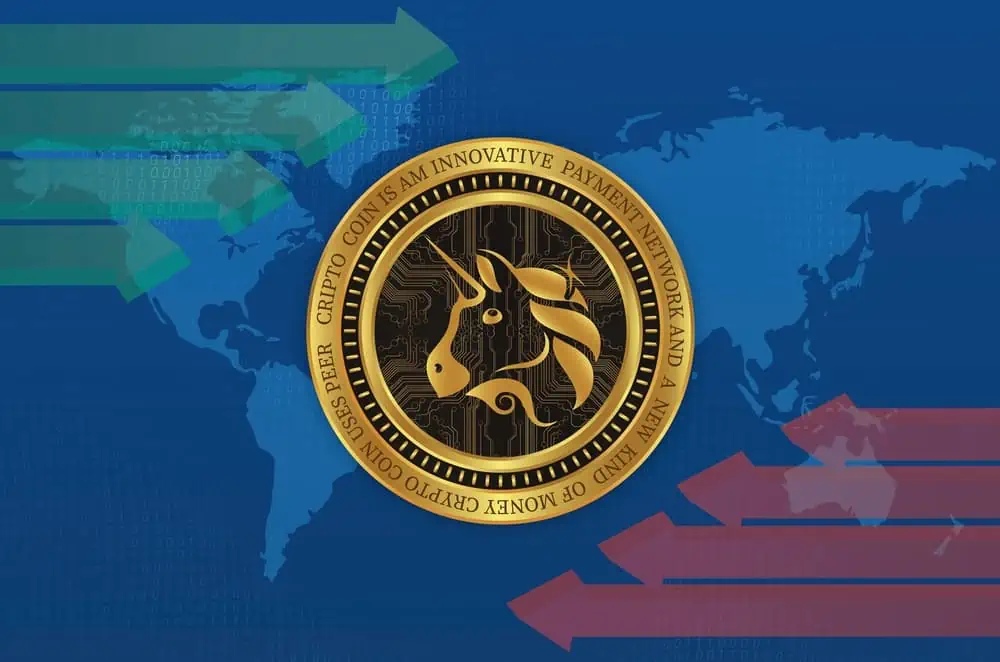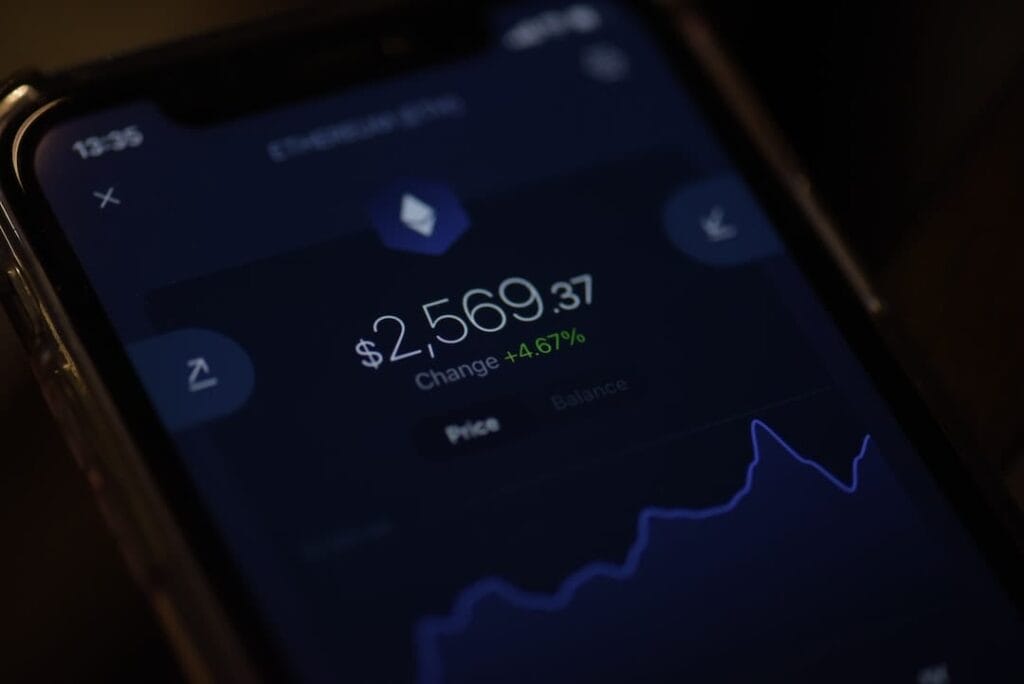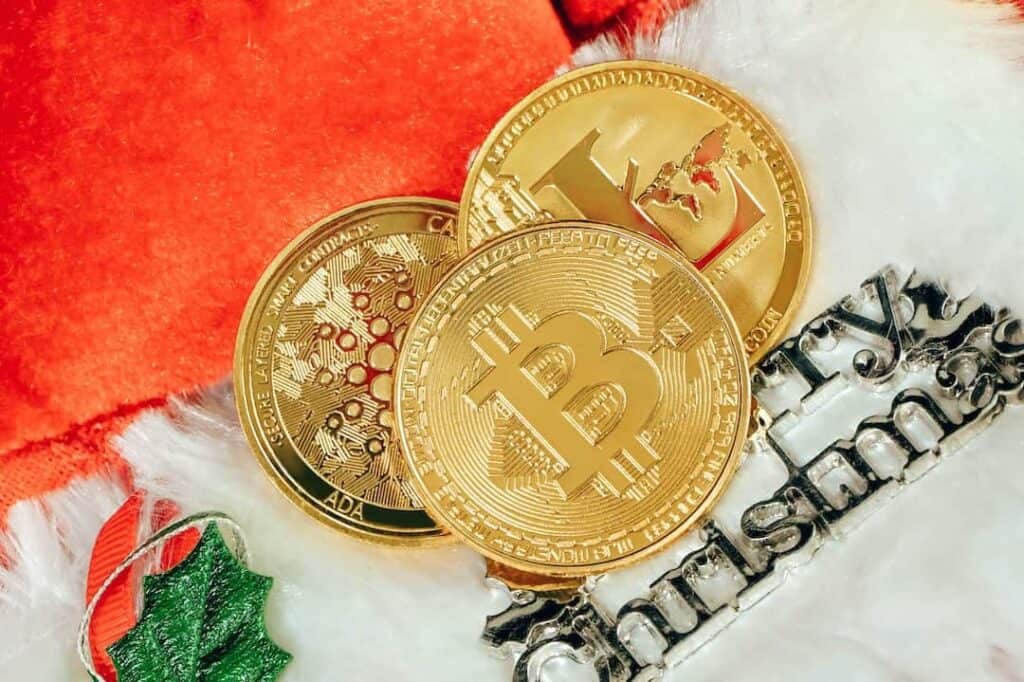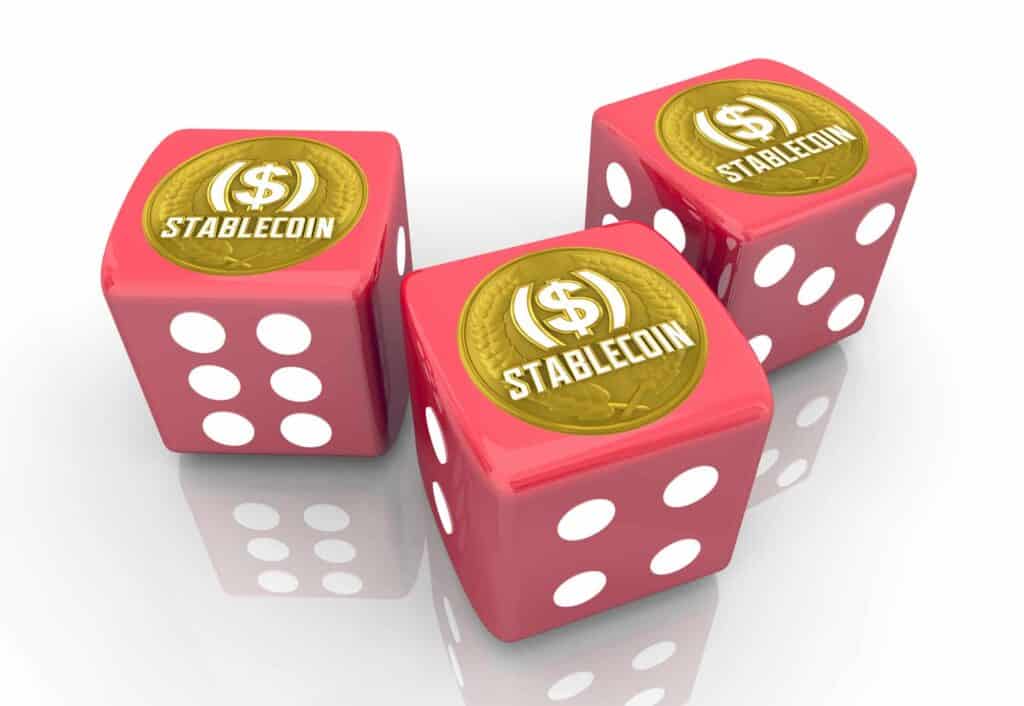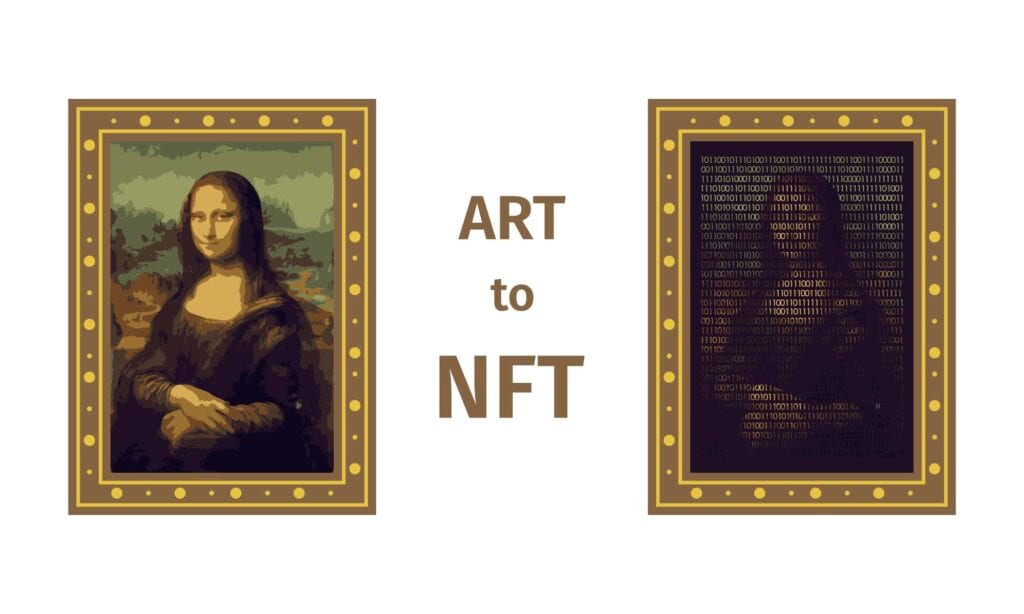Decentralized Finance, or DeFi, refers to a new and innovative approach to financial systems that aims to eliminate the need for intermediaries such as banks and other financial institutions. It is built on blockchain technology, which allows for the creation of smart contracts and decentralized applications (DApps) that can execute financial transactions without the need for a central authority.
Disclaimer: This information is general in nature and for informational purposes only. It is not personal financial advice and has not taken into account your personal financial position or objectives. Make sure to refer to a licensed financial or tax advisor.
The concept of DeFi has been around for several years, but it gained significant attention and popularity in 2020. The rapid growth of DeFi can be attributed to the increasing interest in cryptocurrencies and blockchain technology, as well as the desire for more accessible and inclusive financial services.
DeFi offers a wide range of financial services, including lending, borrowing, trading, and investing, all of which are conducted on decentralized platforms. These platforms are open to anyone with an internet connection and do not require users to go through traditional financial institutions. This has the potential to revolutionize the way we think about and interact with money.
Table of Contents
Key Takeaways
- Decentralized Finance (DeFi) is a new financial system that operates on a decentralized blockchain network.
- DeFi coins are cryptocurrencies that are used to power the DeFi ecosystem and provide users with access to financial services.
- DeFi coins differ from traditional finance in that they are not controlled by a central authority and are accessible to anyone with an internet connection.
- Investing in DeFi coins can be risky, and investors should consider factors such as market volatility, liquidity, and security before making a decision.
- Some of the top DeFi coins to watch out for include Ethereum, Chainlink, Uniswap, Aave, and Compound.
Understanding DeFi Crypto Coins
Crypto coins, also known as cryptocurrencies, are digital or virtual currencies that use cryptography for security. They are decentralized and operate on a technology called blockchain, which is a distributed ledger that records all transactions across a network of computers.
There are different types of crypto coins, including Bitcoin (BTC), Ethereum (ETH), and many others. Each coin has its own unique features and use cases. For example, Bitcoin is primarily used as a store of value and a medium of exchange, while Ethereum is a platform that enables the creation of smart contracts and decentralized applications.
Crypto coins play a crucial role in the world of DeFi. They serve as the native currency on decentralized platforms and are used for various purposes such as paying transaction fees, staking, and governance. In addition, crypto coins can be used as collateral for borrowing and lending activities on DeFi platforms.
What is a DeFi Coin?
A DeFi coin is a cryptocurrency that is specifically designed for use within the decentralized finance ecosystem. These coins are typically built on blockchain platforms that support smart contracts, such as Ethereum. They have specific characteristics that make them suitable for DeFi applications.
One of the key characteristics of a DeFi coin is its programmability. Smart contracts allow for the automation of financial transactions, enabling users to execute complex financial operations without the need for intermediaries. DeFi coins are designed to work seamlessly with these smart contracts, allowing for the creation of decentralized applications that can perform a wide range of financial functions.
Examples of DeFi coins include Maker (MKR), Compound (COMP), and Aave (AAVE). These coins are used within their respective DeFi platforms to facilitate lending, borrowing, and other financial activities. They often have additional features such as governance rights, which allow holders of the coins to participate in the decision-making process of the platform.
How Does DeFi Differ from Traditional Finance?
| Aspect | DeFi | Traditional Finance |
|---|---|---|
| Centralization | Decentralized | Centralized |
| Intermediaries | Eliminated or reduced | Present & dependent on third parties |
| Access | Open to anyone with an internet connection | Restricted by geography, income, and other factors |
| Transparency | Transparent and auditable | Opaque and difficult to audit |
| Costs | Lower fees and costs | Higher fees and costs |
| Speed | Near-instant transactions | Slower transaction times |
| Security | Secure through cryptography and smart contracts | Relies on centralized security measures |
DeFi differs from traditional finance in several ways. Firstly, traditional finance relies on centralized intermediaries such as banks and financial institutions to facilitate transactions and provide financial services. In contrast, DeFi operates on decentralized platforms that are open to anyone with an internet connection. This eliminates the need for intermediaries and allows for greater accessibility and inclusivity.
Secondly, traditional finance is heavily regulated by governments and regulatory bodies. This is done to ensure the stability and integrity of the financial system and protect consumers. In contrast, DeFi operates in a largely unregulated environment. While this provides greater freedom and flexibility, it also exposes users to higher risks, such as scams and hacks.
Another key difference between DeFi and traditional finance is the level of transparency. Traditional financial systems often lack transparency, making it difficult for individuals to fully understand how their money is being managed. In contrast, DeFi operates on blockchain technology, which provides a transparent and immutable record of all transactions. This allows users to verify and audit the financial operations of the platform.
Are DeFi Coins a Good Investment?
Investing in DeFi coins can be highly lucrative, but it also comes with its own set of risks. Before investing in DeFi coins, it is important to consider several factors.
Firstly, it is important to assess the market capitalization of the DeFi coin. Market capitalization refers to the total value of all coins in circulation. A higher market capitalization indicates a larger user base and greater adoption of the coin, which can contribute to its long-term value.
Secondly, liquidity is an important factor to consider. Liquidity refers to the ease with which a coin can be bought or sold without causing significant price fluctuations. Coins with high liquidity are generally more stable and less prone to manipulation.
The development team behind the DeFi coin is also an important consideration. A strong and experienced team can greatly contribute to the success and development of the project. It is important to research the team’s background and track record before investing.
Community support is another important factor to consider. A strong and active community can help drive adoption and development of the coin. It is important to assess the level of community engagement and support before investing.
Finally, security is a critical factor when investing in DeFi coins. The decentralized nature of DeFi platforms makes them vulnerable to hacks and other security breaches. It is important to assess the security measures implemented by the platform and the track record of security incidents before investing.
Factors to Consider Before Investing in DeFi Coins
What’s the Best DeFi Coin to Invest in?
Choosing the best DeFi coin to invest in depends on several factors, including personal investment strategy and risk tolerance. It is important to consider these factors before making any investment decisions.
Firstly, it is important to assess the market capitalization of the DeFi coin. Market capitalization refers to the total value of all coins in circulation. A higher market capitalization indicates a larger user base and greater adoption of the coin, which can contribute to its long-term value.
Liquidity is another important factor to consider. Liquidity refers to the ease with which a coin can be bought or sold without causing significant price fluctuations. Coins with high liquidity are generally more stable and less prone to manipulation.
The development team behind the DeFi coin is also an important consideration. A strong and experienced team can greatly contribute to the success and development of the project. It is important to research the team’s background and track record before investing.
Community support is another important factor to consider. A strong and active community can help drive adoption and development of the coin. It is important to assess the level of community engagement and support before investing.
It is also important to consider personal investment strategy and risk tolerance. Different DeFi coins have different levels of risk and potential for returns. It is important to assess your own risk tolerance and investment goals before making any investment decisions.
Finally, security is a critical factor when investing in DeFi coins. The decentralized nature of DeFi platforms makes them vulnerable to hacks and other security breaches. It is important to assess the security measures implemented by the platform and the track record of security incidents before investing.
Top DeFi Coins to Watch Out For
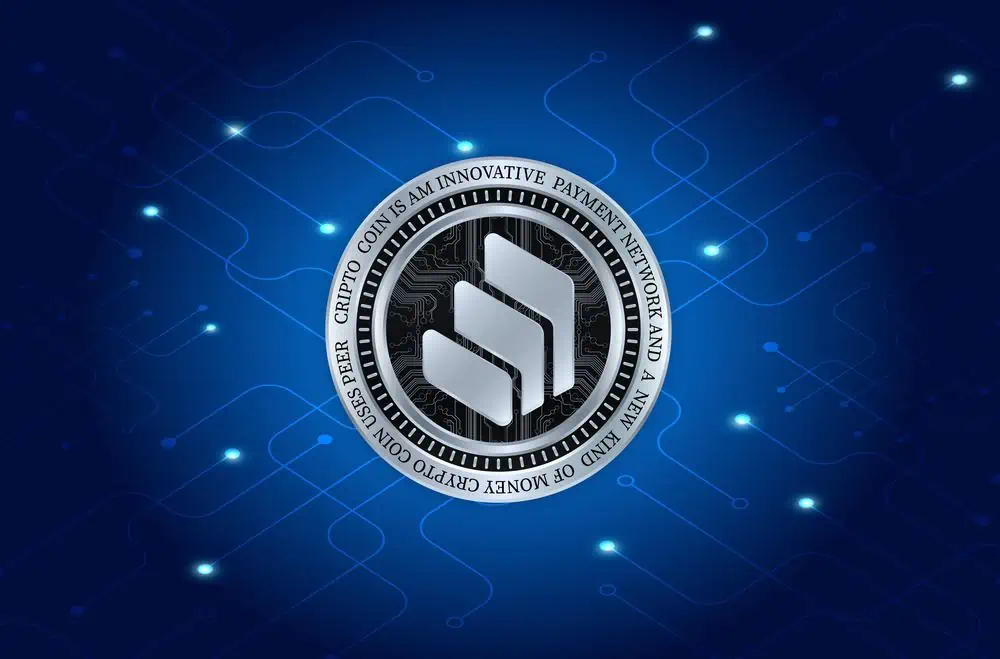
There are several top DeFi coins that have gained significant attention and popularity in the market. These coins have shown strong performance and have the potential for further growth and development.
One of the top DeFi coins to watch out for is Maker (MKR). Maker is the native currency of the MakerDAO platform, which is one of the leading decentralized lending platforms in the market. Maker allows users to borrow against their crypto assets by locking them up as collateral. The platform also has a stablecoin called DAI, which is pegged to the US dollar.
Another top DeFi coin is Compound (COMP). Compound is a decentralized lending platform that allows users to lend and borrow crypto assets. The platform uses an algorithmic interest rate model that adjusts based on supply and demand. COMP is used as the governance token of the platform, allowing holders to participate in the decision-making process.
Aave (AAVE) is also a top DeFi coin to watch out for. Aave is a decentralized lending and borrowing platform that allows users to earn interest on their crypto assets and borrow against them. AAVE is used as the governance token of the platform, giving holders voting rights and other privileges.
Examples of Successful DeFi Projects
There have been several successful DeFi projects that have made a significant impact on the industry. These projects have demonstrated the potential of DeFi and have paved the way for further innovation and development.
One example of a successful DeFi project is Uniswap. Uniswap is a decentralized exchange that allows users to trade ERC-20 tokens directly from their wallets. It uses an automated market maker (AMM) model, which eliminates the need for order books and allows for seamless and instant trading. Uniswap has gained significant popularity and has become one of the leading decentralized exchanges in the market.
Another successful DeFi project is Yearn.finance. Yearn.finance is a platform that allows users to optimize their yield farming strategies by automatically moving their funds between different DeFi protocols. The platform uses smart contracts to automate the process, allowing users to earn maximum returns with minimal effort. Yearn.finance has gained significant attention and has become one of the top DeFi projects in terms of total value locked.
Synthetix is another successful DeFi project that has gained significant attention. Synthetix is a decentralized platform that allows users to create and trade synthetic assets, such as synthetic stocks and commodities, on the Ethereum blockchain. The platform uses a collateralized debt position (CDP) model, which allows users to lock up their crypto assets as collateral in order to mint synthetic assets. Synthetix has gained significant popularity and has become one of the leading platforms for synthetic assets in the market.
What Are Some DeFi Crypto Coins to Start Investing in?
When it comes to demystifying decentralized finance intro, there are several DeFi crypto coins worth considering for investment. Some popular options include Aave, Compound, and Uniswap. These coins offer unique opportunities for users to participate in decentralized financial systems and potentially earn returns on their investments.
The Future of DeFi: Opportunities and Challenges Ahead
The future of DeFi holds great opportunities for growth and development. The potential for financial innovation and inclusion is immense, and DeFi has the potential to revolutionize the way we think about and interact with money.
DeFi Coins – Opportunity for the Unbanked
One of the key opportunities for DeFi lies in its ability to provide financial services to the unbanked and underbanked populations around the world. Traditional financial systems often exclude these populations due to high fees, lack of access, and other barriers. DeFi can provide a more inclusive and accessible alternative, allowing individuals to access financial services without the need for a bank account or other traditional financial infrastructure.
DeFi Coins – More Cost Effective than TradFi
Another opportunity for DeFi lies in its ability to provide more efficient and cost-effective financial services. Traditional financial systems are often slow, expensive, and prone to errors. DeFi platforms, on the other hand, can execute financial transactions instantly and at a fraction of the cost. This can greatly benefit individuals and businesses by reducing transaction costs and increasing efficiency.
DeFi Coins – Regulatory Uncertainty
However, there are also several challenges that DeFi must overcome in order to reach its full potential. One of the key challenges is regulatory uncertainty. DeFi operates in a largely unregulated environment, which exposes users to higher risks such as scams and hacks. In order for DeFi to gain mainstream adoption, it will need to navigate the regulatory landscape and ensure compliance with existing laws and regulations.
DeFi Coins – Scalability
Another challenge facing DeFi is scalability. The current blockchain infrastructure has limitations in terms of transaction throughput and scalability. In order for DeFi to handle mass adoption and compete with traditional financial systems, it will need to address these scalability issues and find solutions that can support a large number of users and transactions.
Despite these challenges, the future of DeFi looks promising. The potential for financial innovation and inclusion is immense, and DeFi has the potential to reshape the financial landscape as we know it. With continued development and innovation, DeFi has the potential to become a mainstream alternative to traditional finance.
FAQs
What is DeFi?
DeFi stands for Decentralized Finance. It is a financial system built on blockchain technology that operates without intermediaries such as banks or financial institutions.
What are DeFi crypto coins?
DeFi crypto coins are digital currencies that are used within the DeFi ecosystem. These coins are built on blockchain technology and are used to facilitate transactions within the DeFi network.
What are the benefits of DeFi crypto coins?
DeFi crypto coins offer several benefits, including faster and cheaper transactions, increased security, and greater accessibility. They also provide users with more control over their finances and eliminate the need for intermediaries.
How do DeFi crypto coins work?
DeFi crypto coins work by using smart contracts, which are self-executing contracts with the terms of the agreement between buyer and seller being directly written into lines of code. These smart contracts are stored on a blockchain, which ensures that they are secure and transparent.
What are some examples of DeFi crypto coins?
Some examples of DeFi crypto coins include Ethereum (ETH), Chainlink (LINK), Uniswap (UNI), Aave (AAVE), and Compound (COMP).
How can I buy DeFi crypto coins?
DeFi crypto coins can be bought on cryptocurrency exchanges that support these coins. Some popular exchanges that support DeFi crypto coins include Binance, Coinbase, and Kraken. It is important to do your research and choose a reputable exchange before buying any cryptocurrency.

